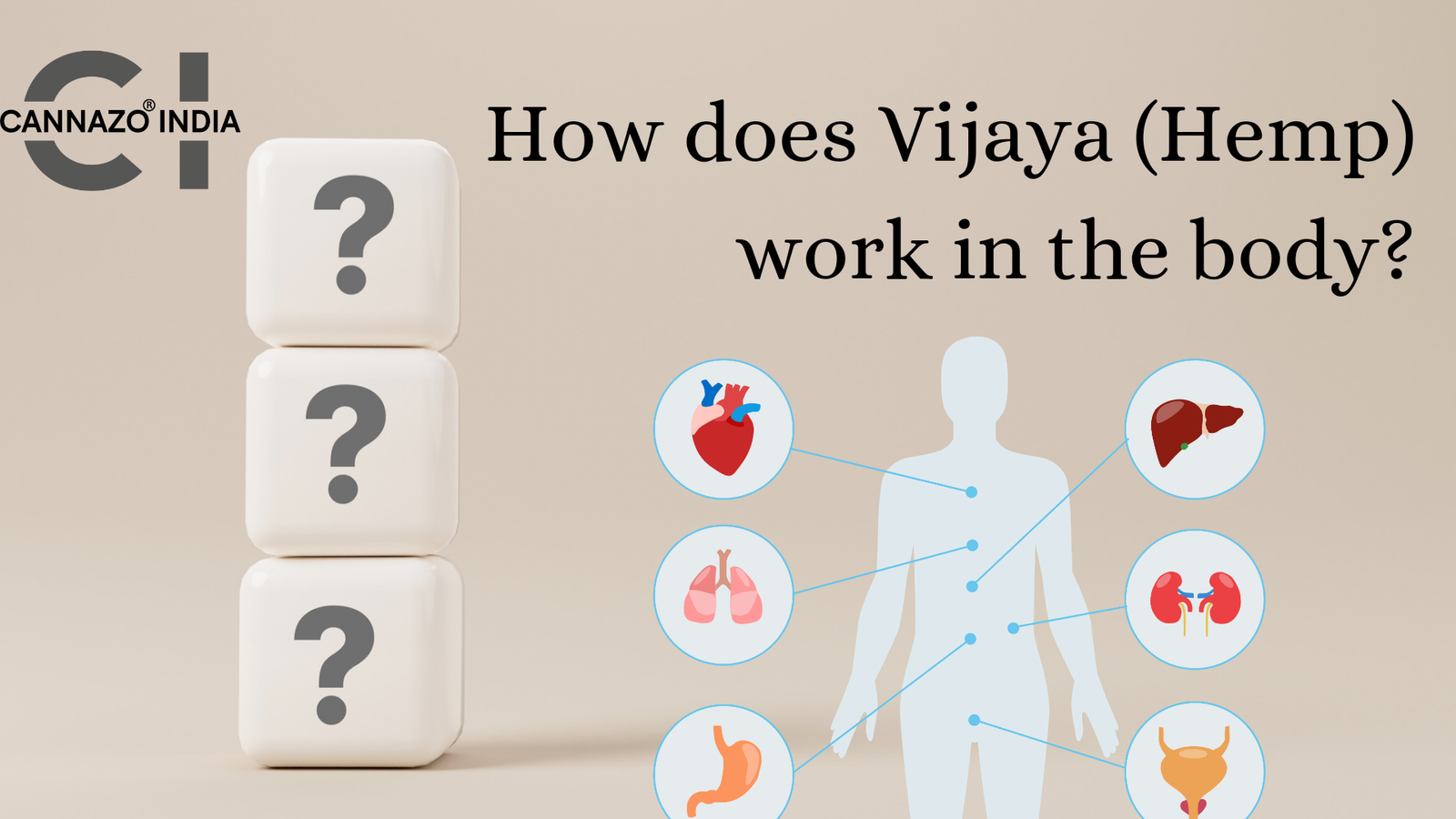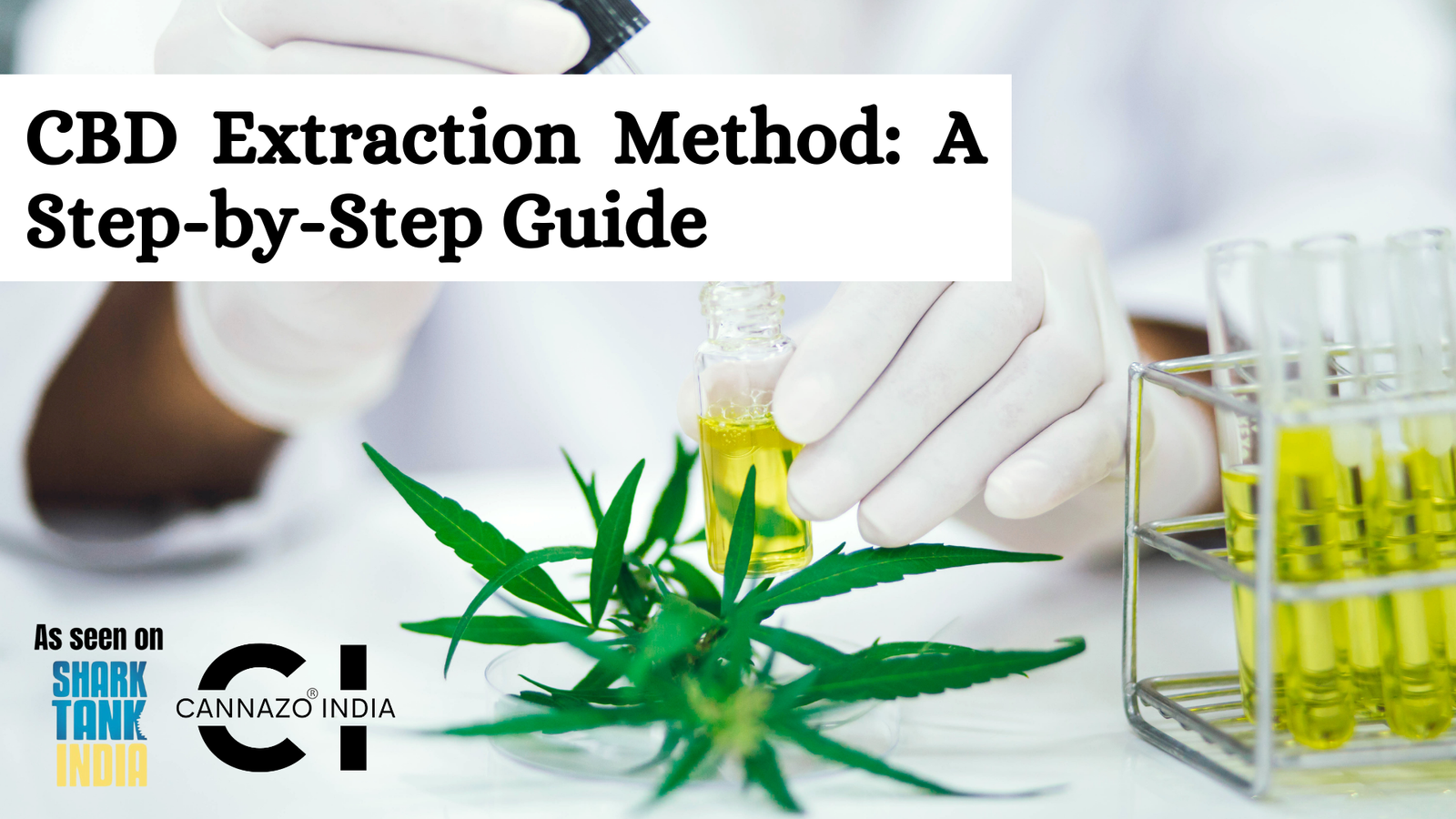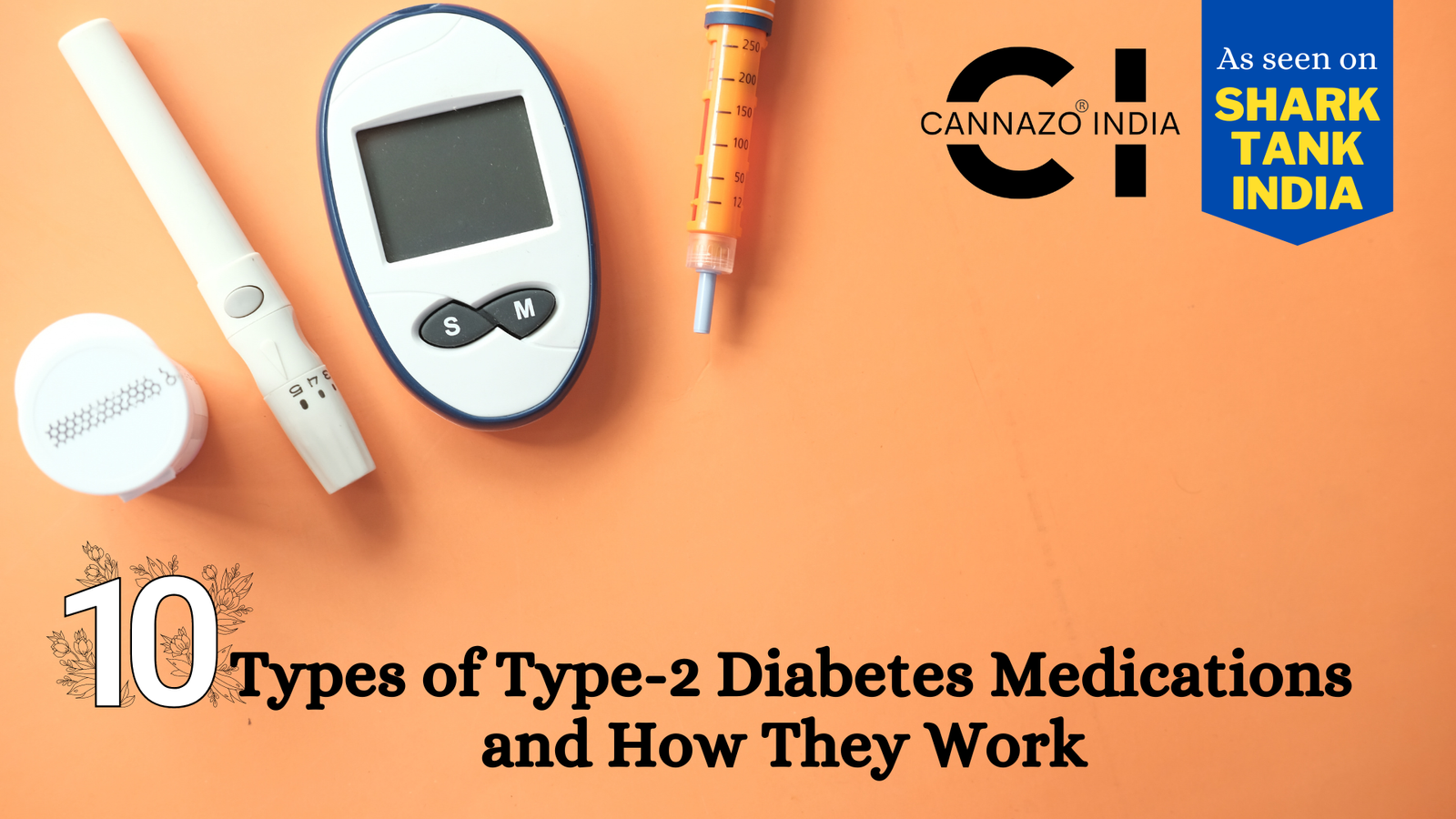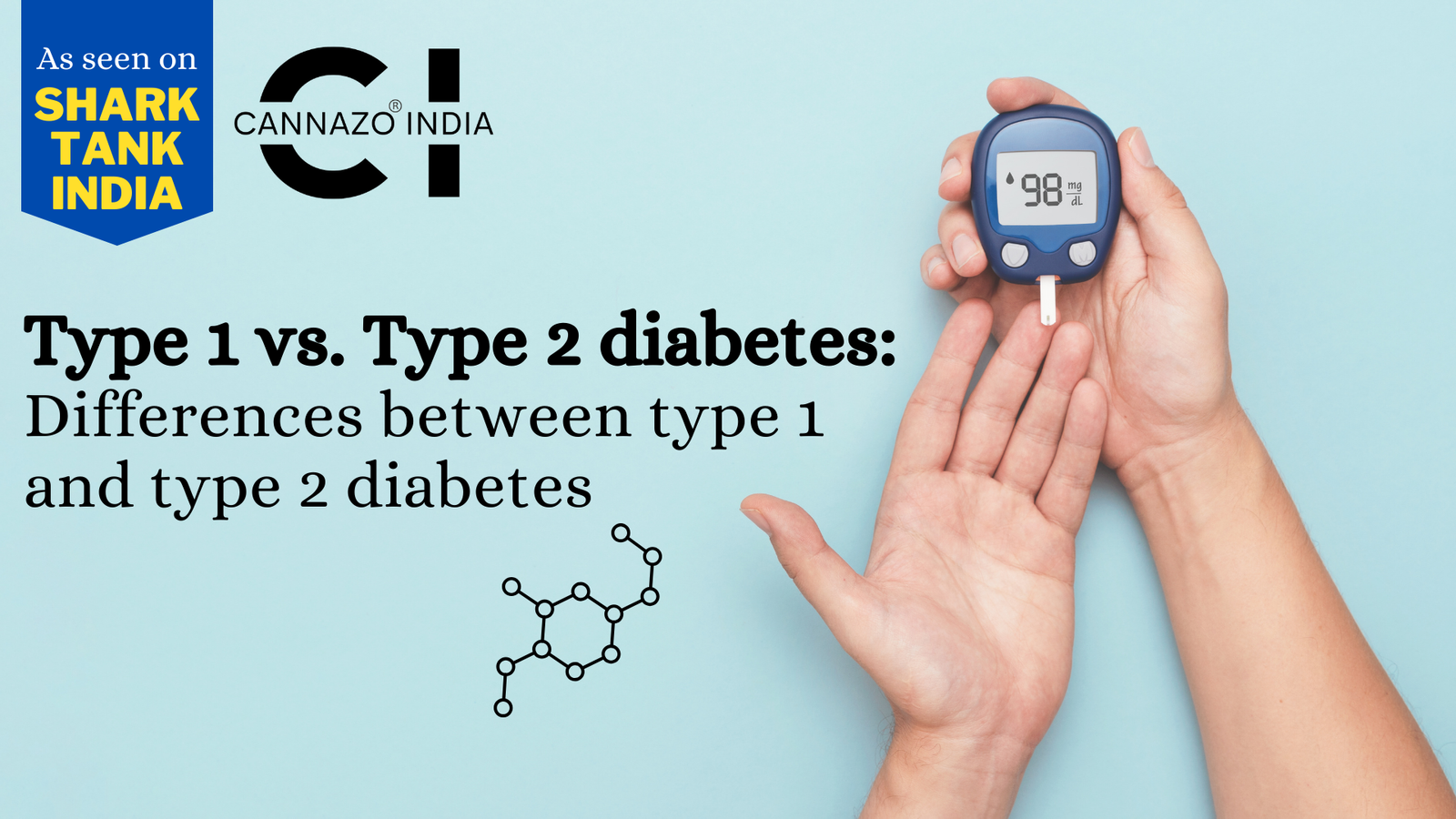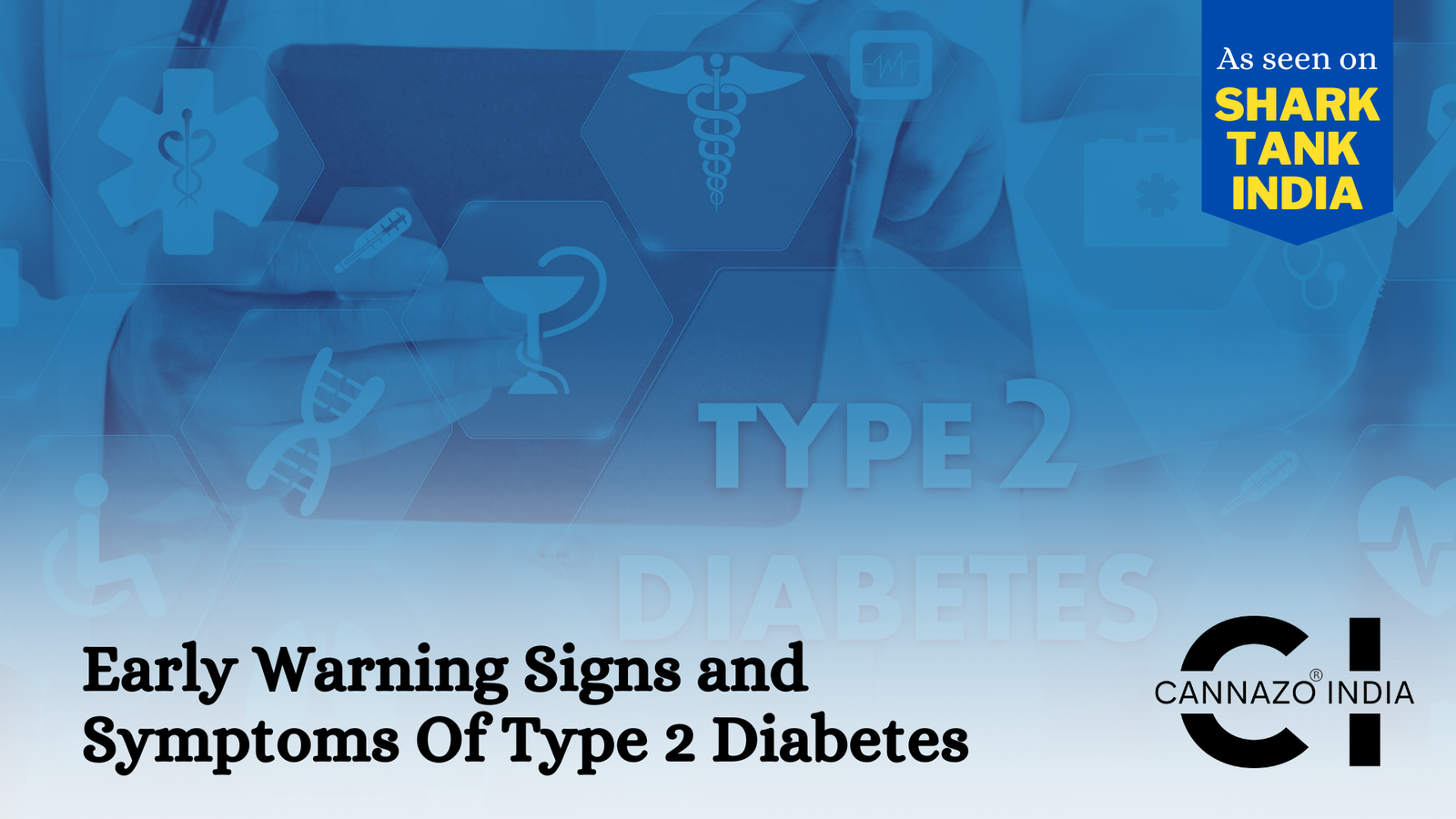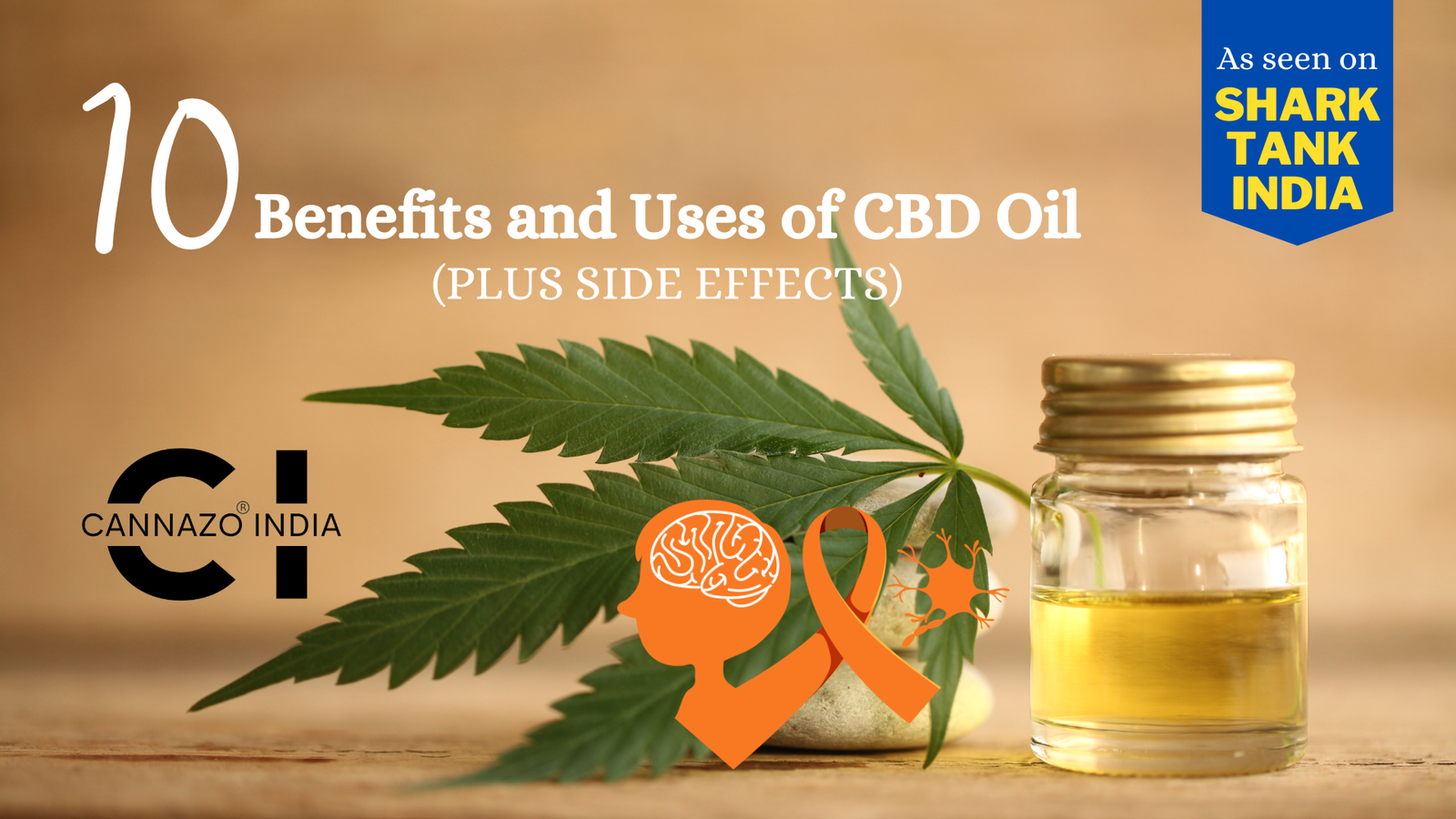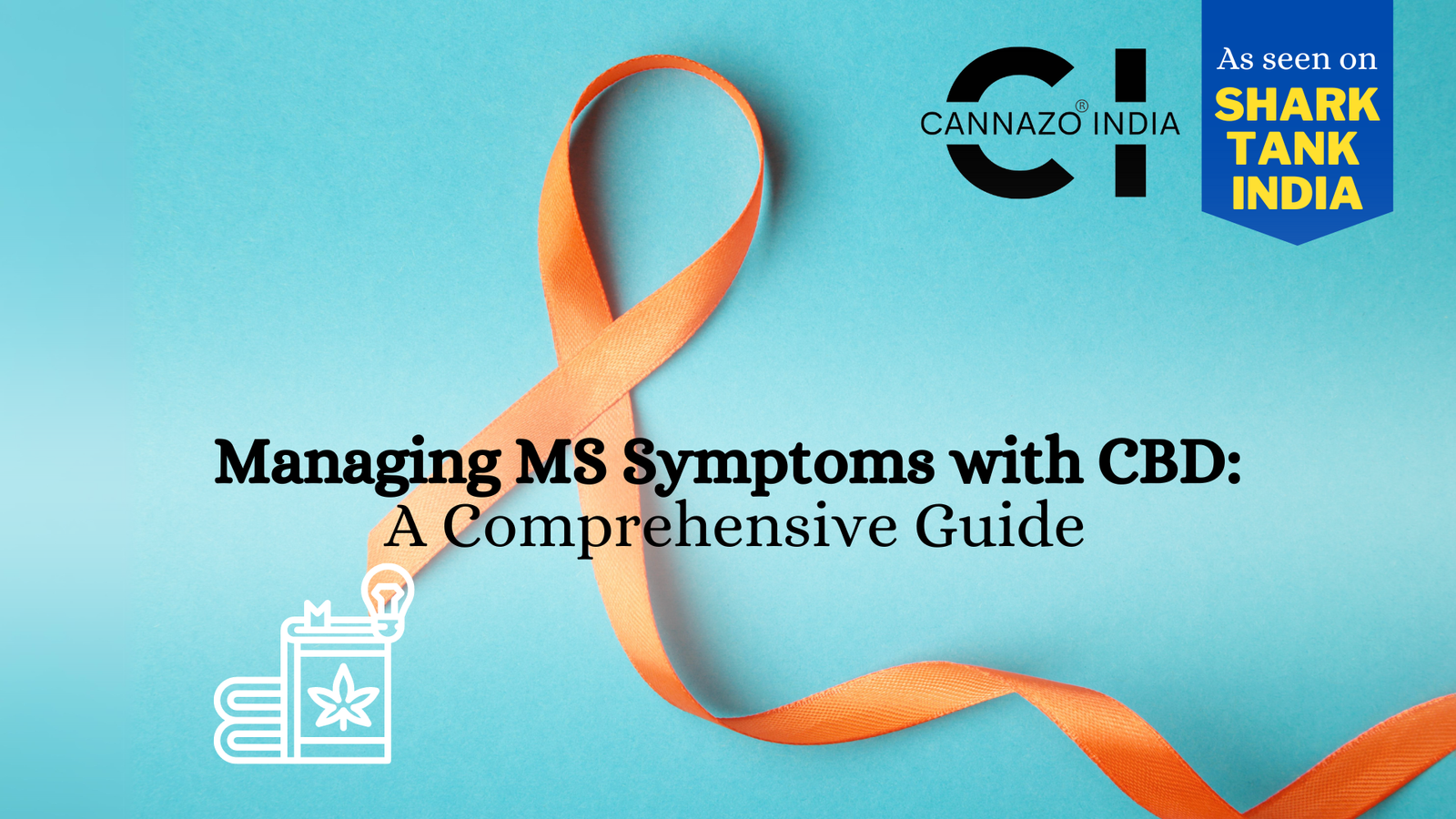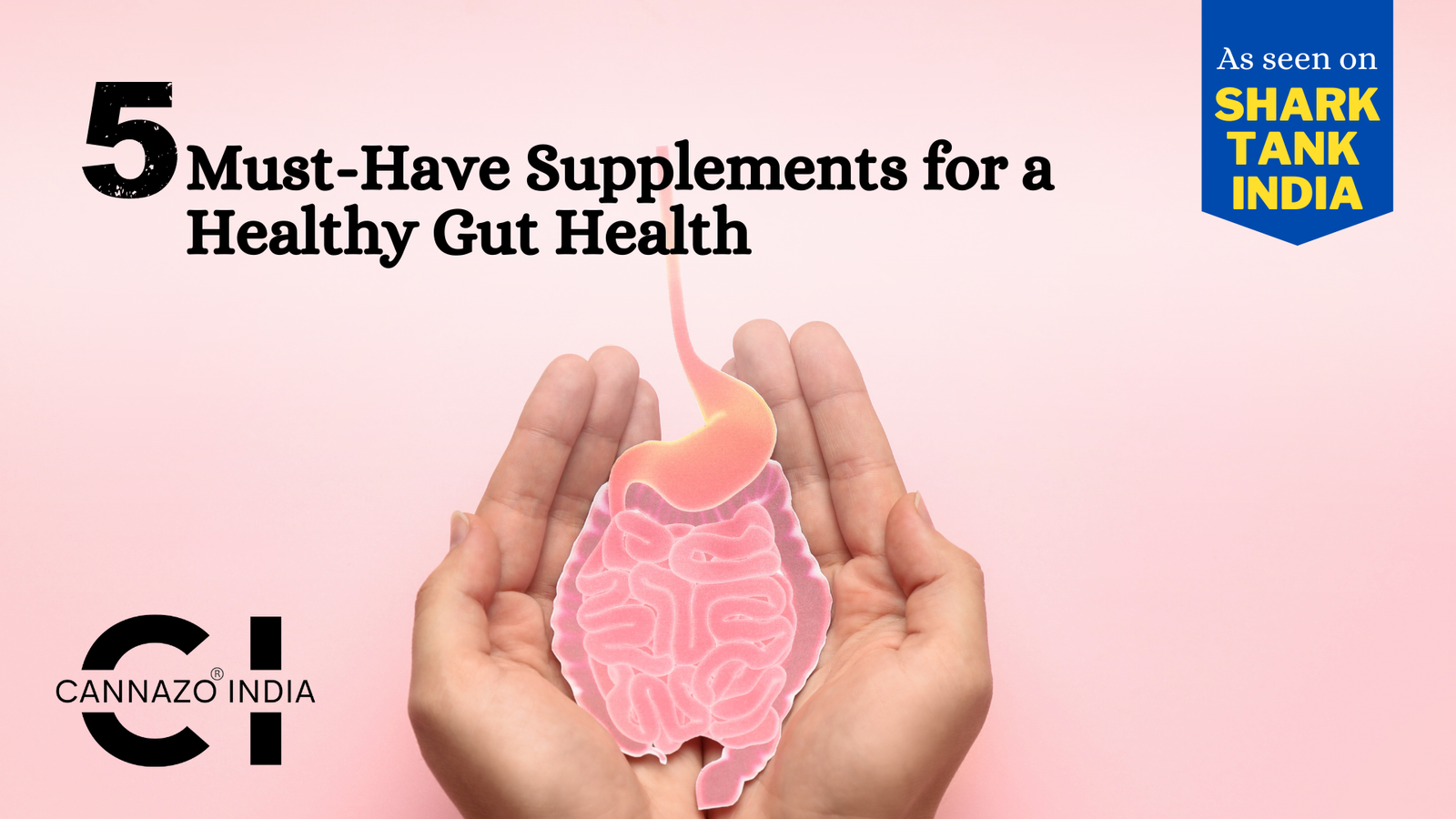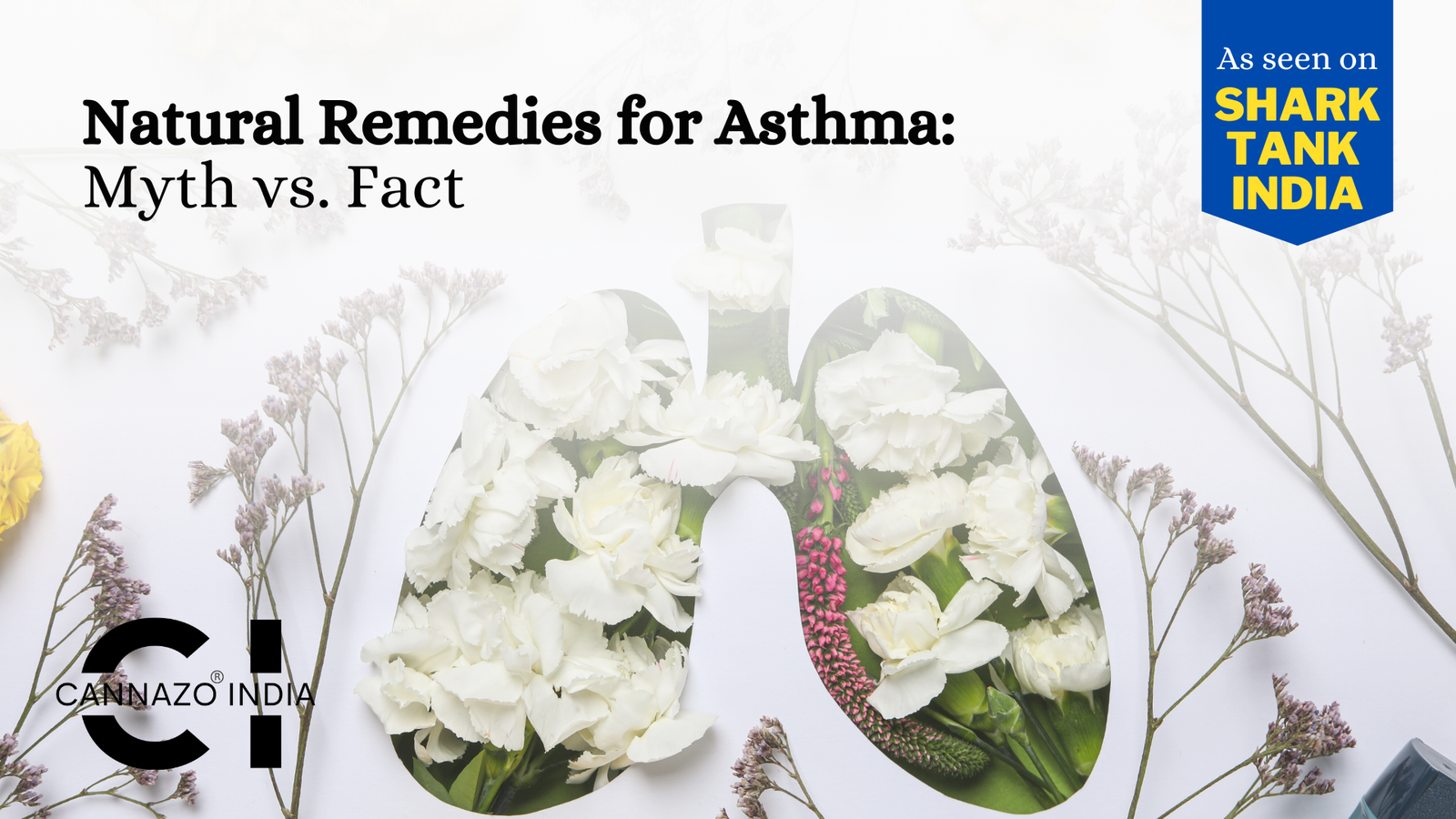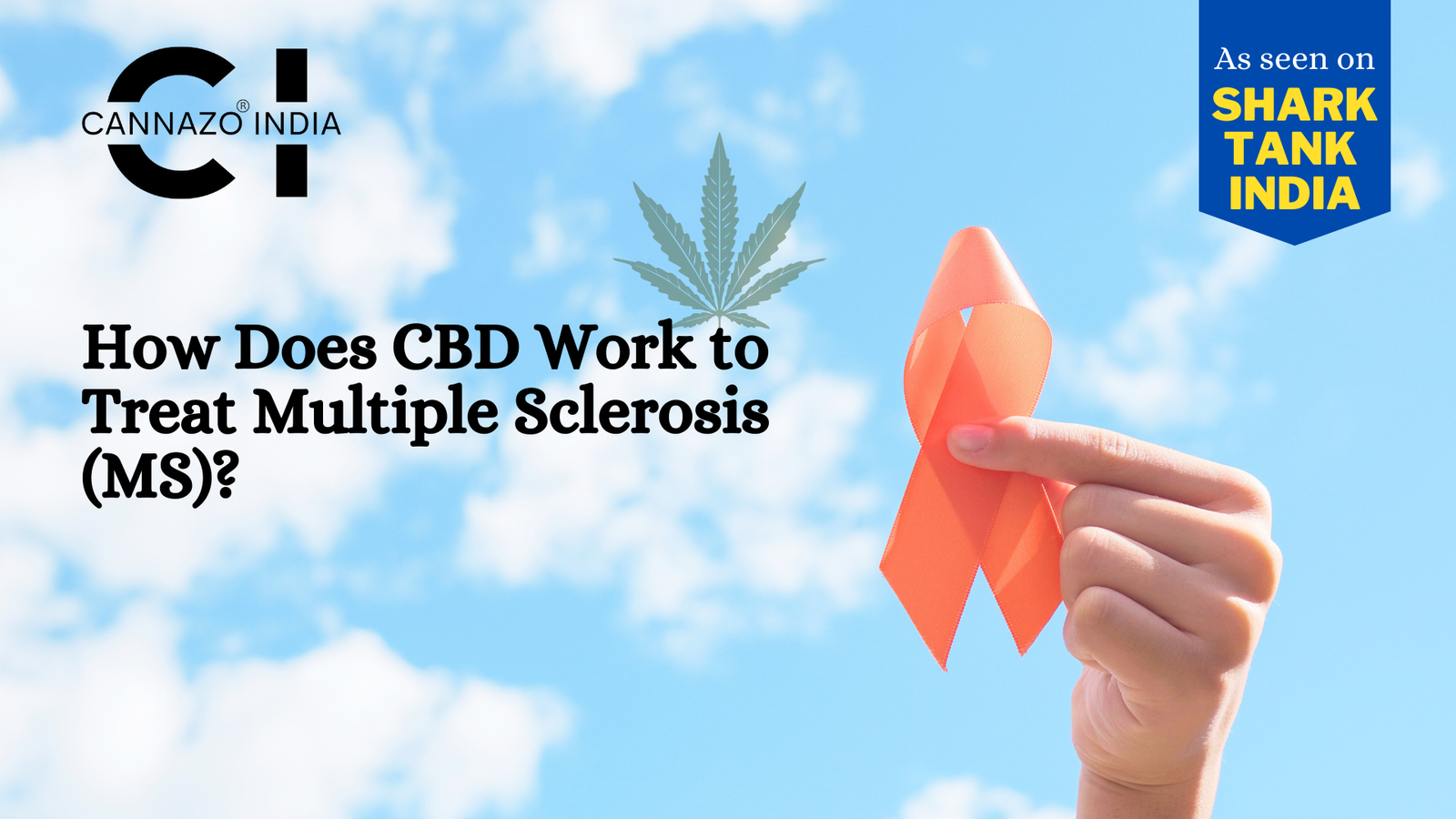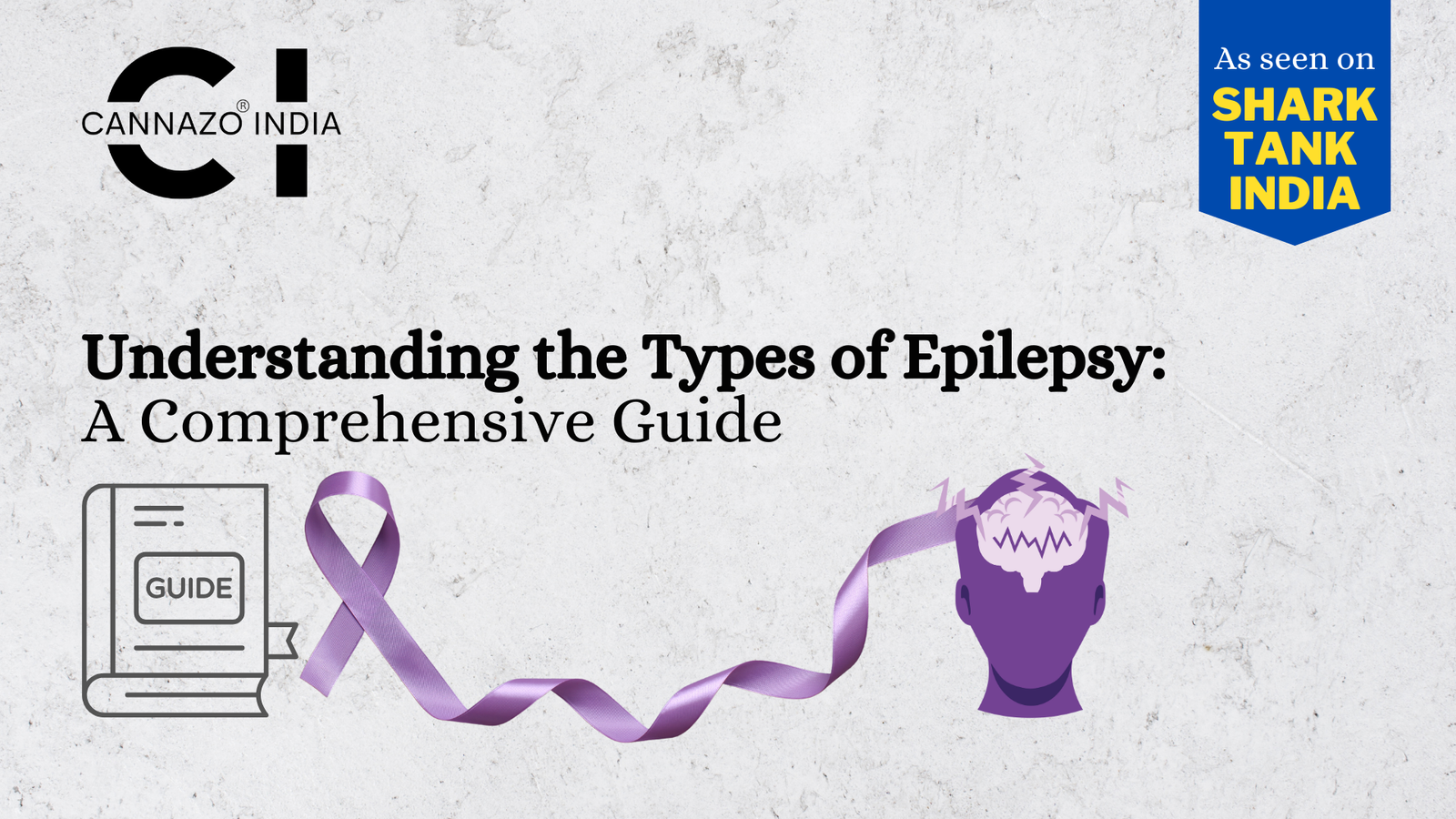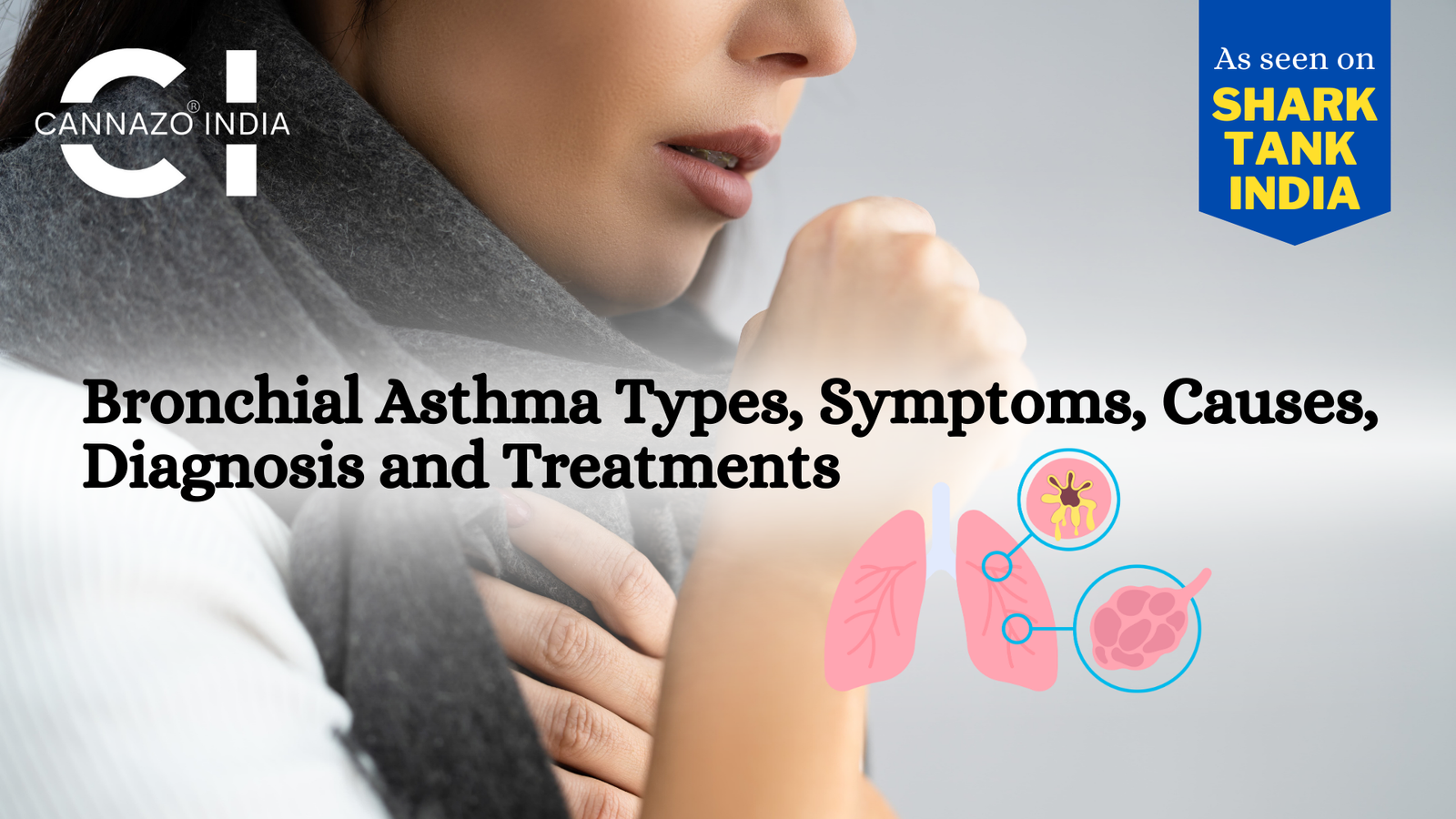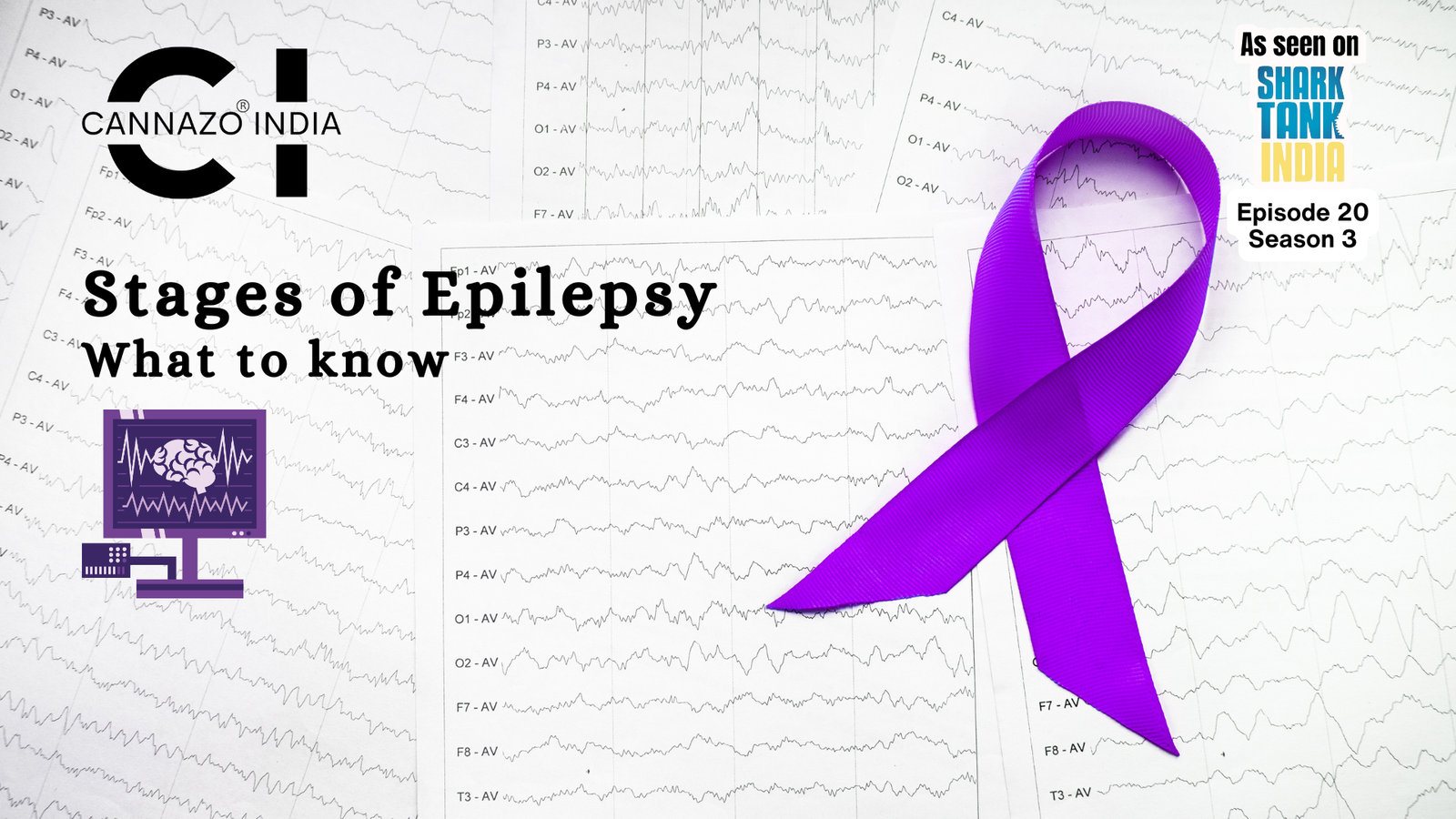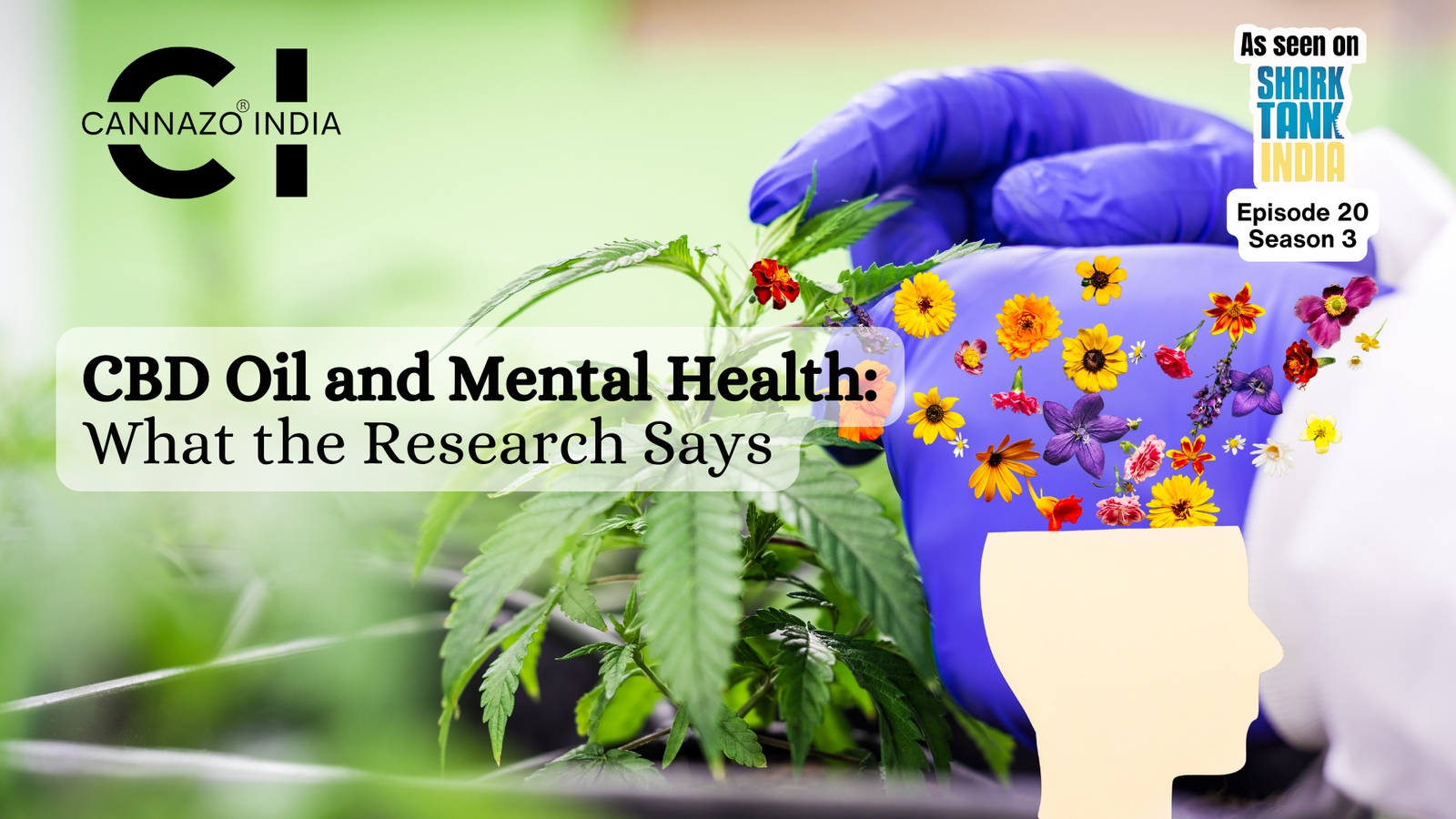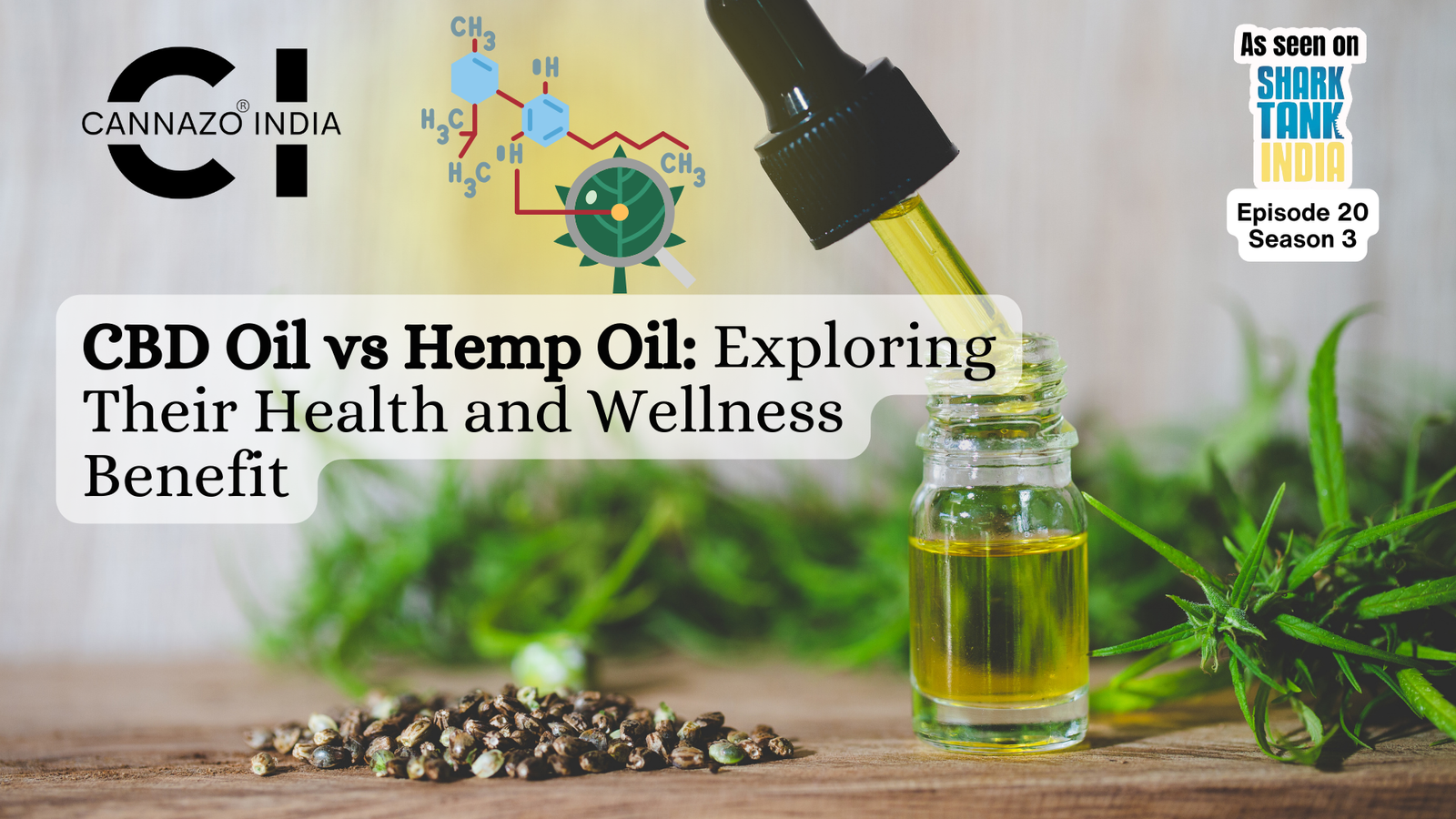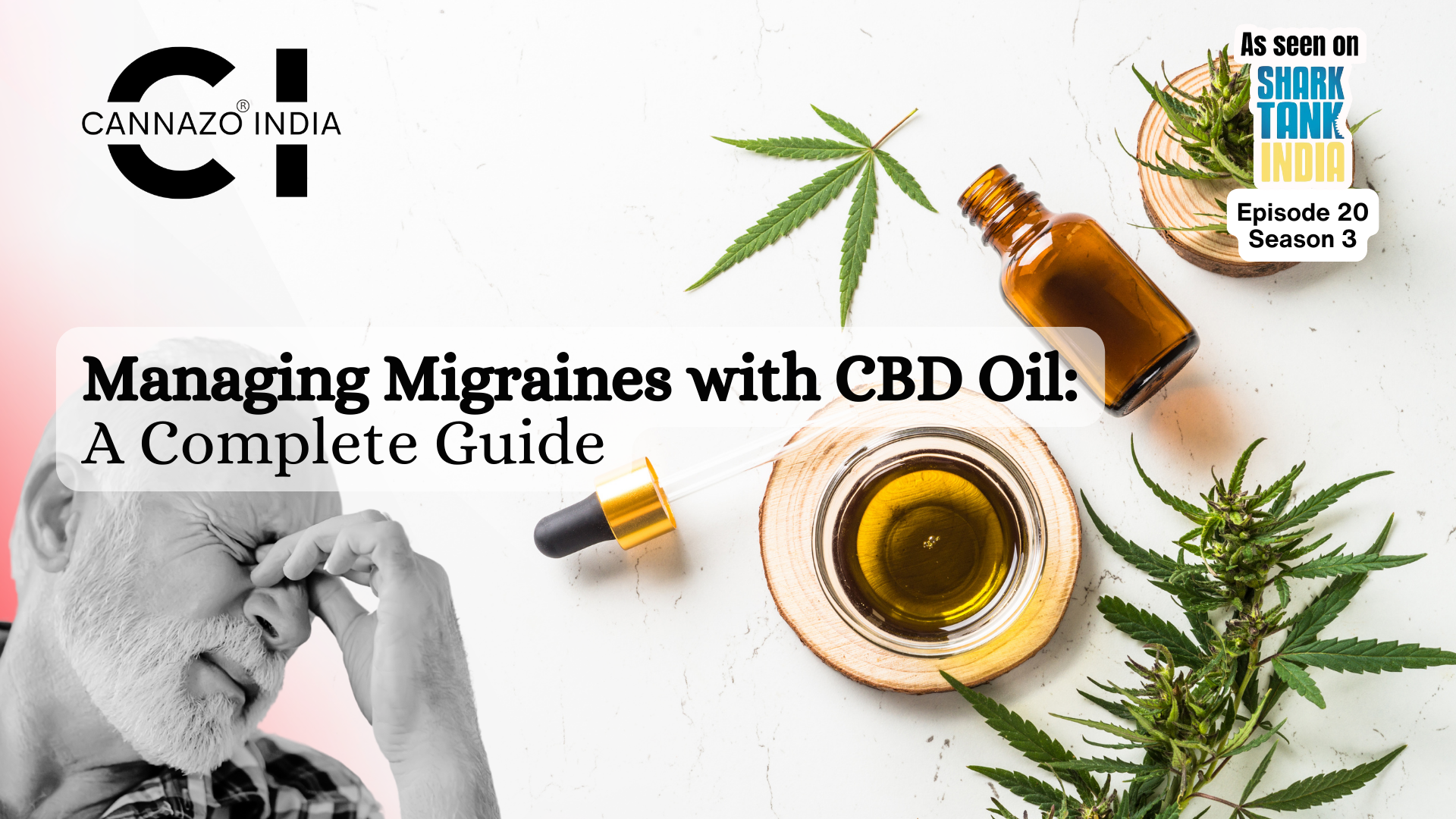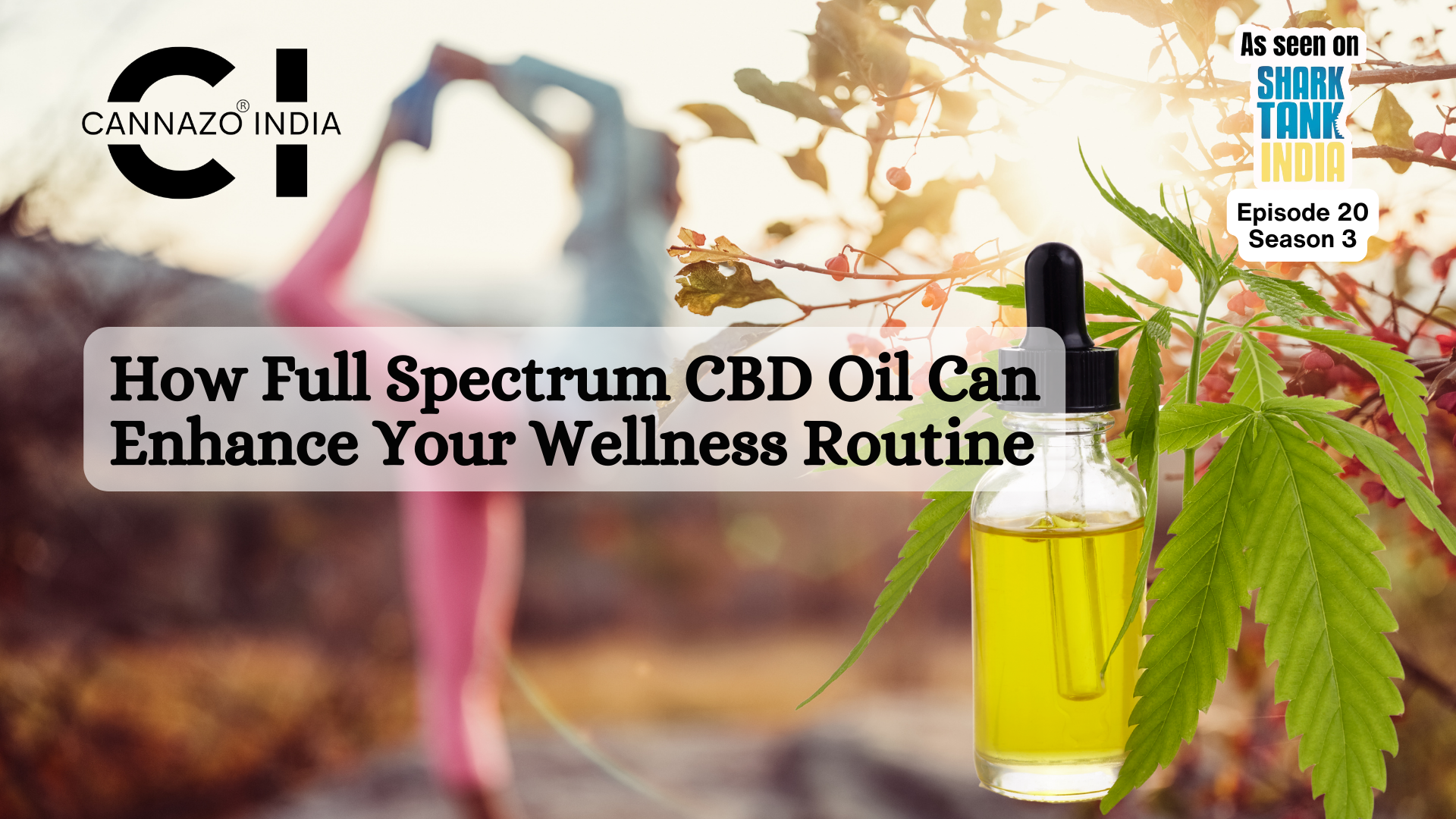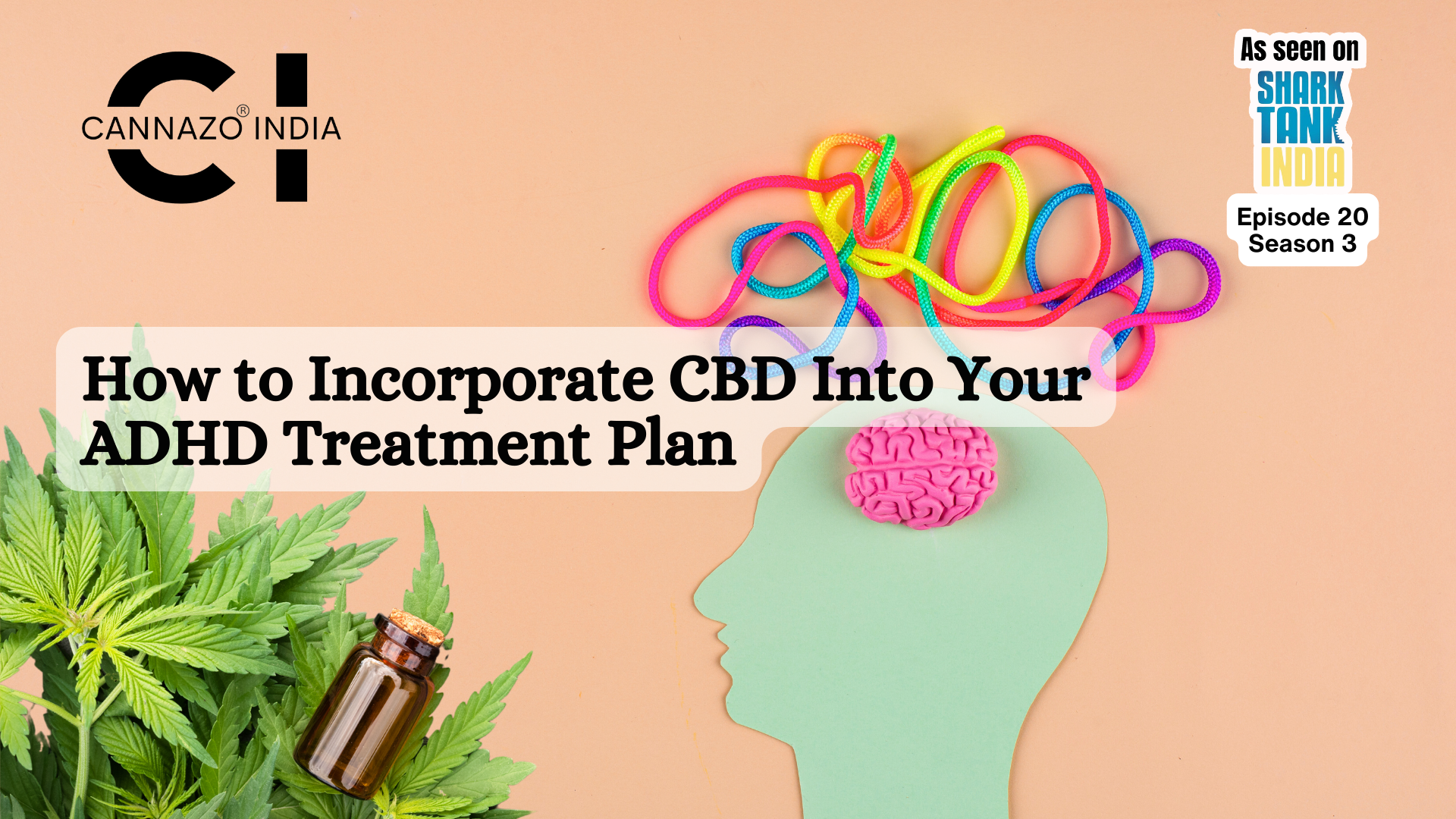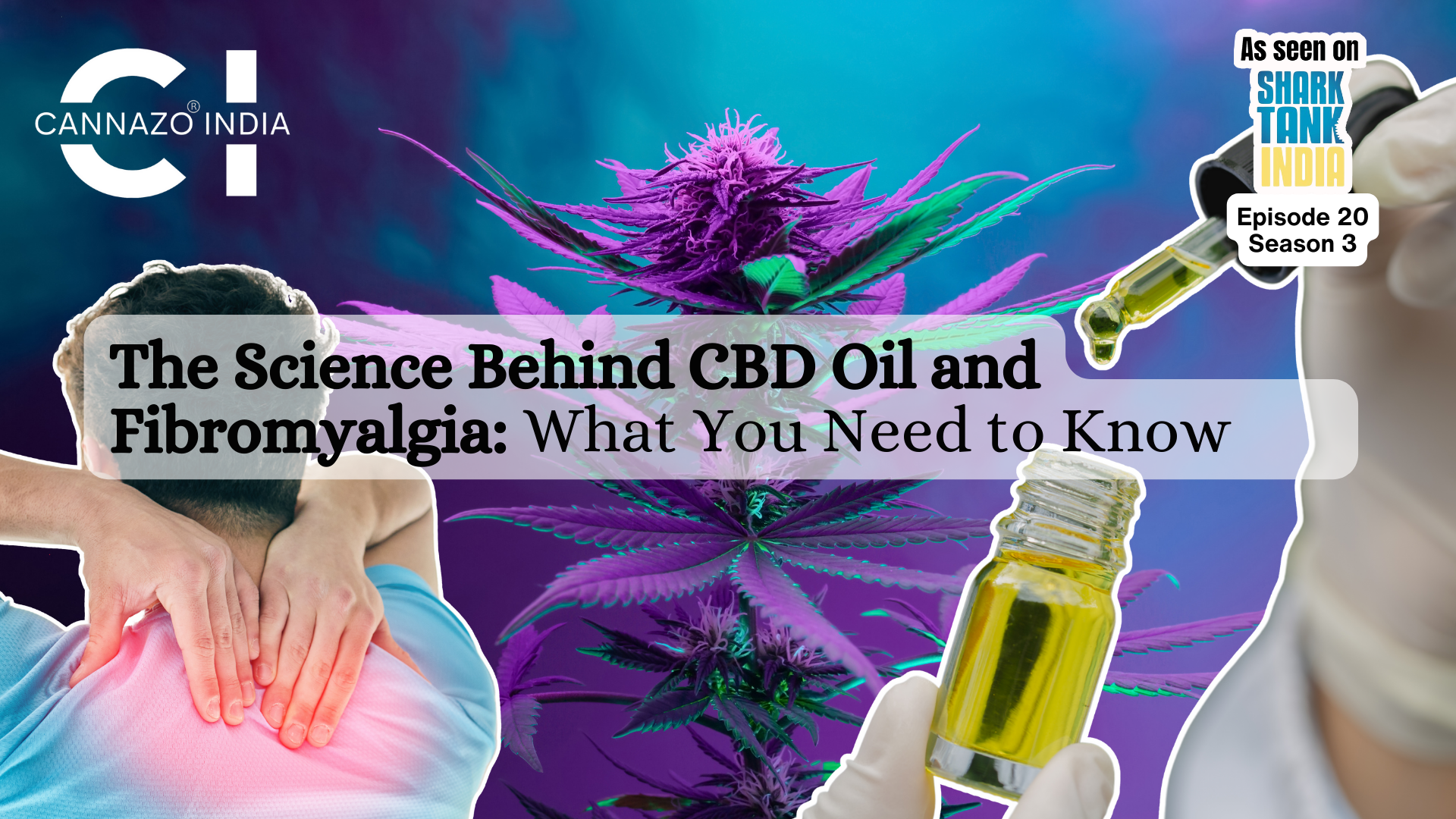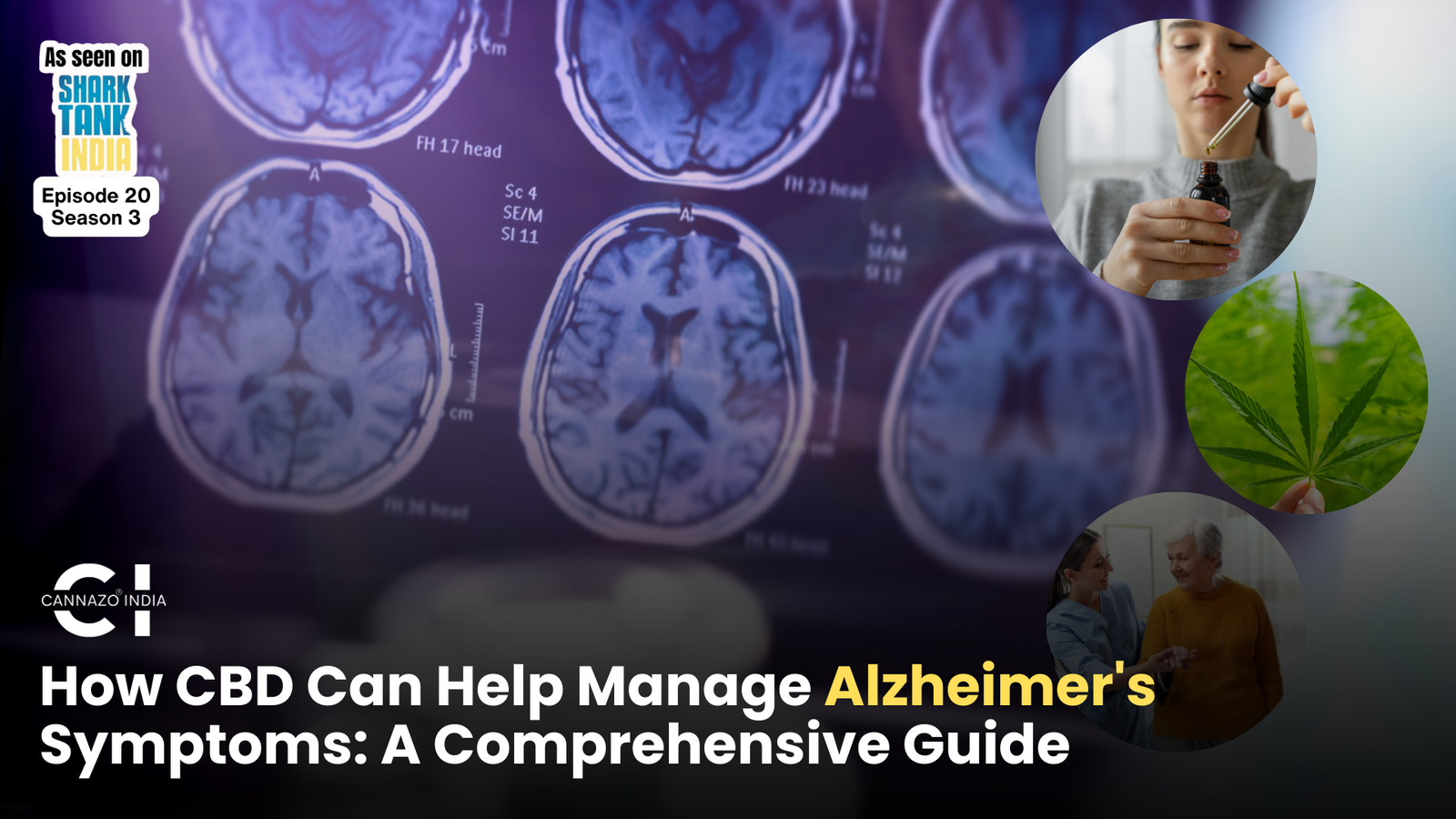Hemp seeds are the edible seeds derived from the hemp plant, scientifically known as Cannabis sativa. They are small, brown seeds with a nutty flavor and a soft texture. Hemp seeds are highly nutritious and packed with various essential nutrients, making them a valuable addition to a balanced diet.
Uses of Hemp Seeds:
– Culinary Uses: Hemp seeds have a nutty flavor and can be eaten raw, toasted, or ground into hemp seed meal. They are versatile and can be sprinkled on salads, yogurt, or incorporated into smoothies, baked goods, and various recipes.
– Nutritional Supplements: Hemp seeds are also processed into hemp seed oil, used in cooking and as a nutritional supplement due to its high omega fatty acid content.
– Food Industry: Hemp seeds and their derivatives are used in the food industry to create products like hemp milk, protein powder, and energy bars.
Health Benefits:
The nutritional profile of hemp seeds contributes to several health benefits, including supporting heart health, reducing inflammation, aiding digestion, promoting skin health, and providing essential nutrients for overall well-being.
1. Excellent Source of Protein:
– Hemp seeds are considered a complete protein source, containing all nine essential amino acids vital for bodily functions and muscle repair.
2. Healthy Fats:
– Balanced Omega Fatty Acids: Hemp seeds provide a perfect balance of omega-3 and omega-6 fatty acids, supporting heart health, brain function, and reducing inflammation.
3. Rich in Essential Minerals:
– Magnesium: Crucial for various biochemical reactions in the body, including muscle and nerve function.
– Phosphorus: Essential for bone health and energy metabolism.
– Potassium: Helps regulate fluid balance, muscle contractions, and nerve signals.
– Calcium: Vital for bone health and muscle function.
4. Abundant in Vitamins:
– Vitamin E: An antioxidant that protects cells from damage caused by free radicals.
– Vitamin B6: Supports brain health, metabolism, and the production of neurotransmitters.
5. Source of Fiber:
– Dietary fiber aids in digestion, promotes satiety, and helps regulate blood sugar levels.
6. Presence of Arginine:
– Arginine is responsible for the production of nitric oxide, contributing to better blood vessel function and heart health.
7. Gamma-Linolenic Acid (GLA):
– Hemp seeds contain GLA, which has potential anti-inflammatory properties and may support skin health and hormone balance.
8. Low Carbohydrate Content:
– Hemp seeds are relatively low in carbohydrates, making them suitable for low-carb or ketogenic diets.
9. Nutrient-Dense and Versatile:
– Hemp seeds are highly nutritious and versatile, making them an excellent addition to various dishes, including smoothies, salads, and baked goods.
Conclusion:
Organic hemp seeds offer an impressive nutritional profile, providing a wide range of essential nutrients crucial for overall health and well-being. Incorporating these seeds into your diet can complement your nutritional intake, offering an array of health benefits such as supporting heart health, improving skin conditions, aiding digestion, and providing essential vitamins and minerals.














